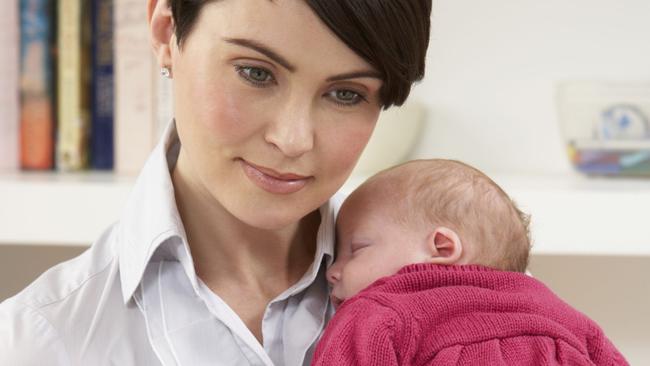Covid pandemic’s triple whammy hits women
The pandemic had greater financial and psychological impact on women than men.

The Covid pandemic had greater financial and psychological impact on women than men, with women experiencing more significant impacts on their overall employment, hours of work, domestic labour and mental health and wellbeing, a new study has found.
Researchers from the University of Queensland Business School surveyed 1931 men and 1691 women employed across a broad range of industries. Lead researcher Terry Fitzsimmons said there was an over-representation of women in sectors that were most affected by the pandemic lockdowns.
“Women are also more likely to be casual, part-time or contract workers, who were among the first to lose their jobs as businesses struggled in response to lockdown,” Dr Fitzsimmons said.
Women also carried a greater share of caring responsibilities, including home schooling when the schools were closed.
“Women either reduced their work hours or stopped working altogether and took on more domestic labour than their male counterparts while at home with their children,” he said.
Dr Fitzsimmons said the triple whammy of “job losses, reduced income and domestic labour burdens meant women suffered greatly from fatigue, stress, anxiety and depression”, including some who reported having suicidal thoughts.
He said his “biggest take away” was that no one in the Morrison government was paying attention to how women felt more of a burden than men from the pandemic.
Study co-author Miriam Yates said there was a need for a national strategy, including increased investment in childcare as well as more social and mental health support
“Governments also need to better incorporate hybrid working arrangements, provide equal access to parental leave entitlements and overhaul wage-setting mechanisms,” she said.
A key feature of focus groups conducted as part of the study was the reported expectation by employees of being able to have continuing flexibility in relation to their working arrangements.
“This change in attitudes represents one of the largest shifts in generations in the organisation of work and the way people and organisations are expected to work together,” the study states.
“Respondents from every focus group reflected that flexibility has become a part of the implicit employment contract. Many noted that while it may be necessary to move the pendulum back towards hybrid modes of working as we come out of the pandemic, firms that insist on returning to pre-pandemic working modes will be significantly disadvantaged in terms of recruitment and retention.
“Many respondents reported having already experienced significant pushback from employees around messaging of a return to the workplace in 2022.”
Read related topics:Coronavirus



